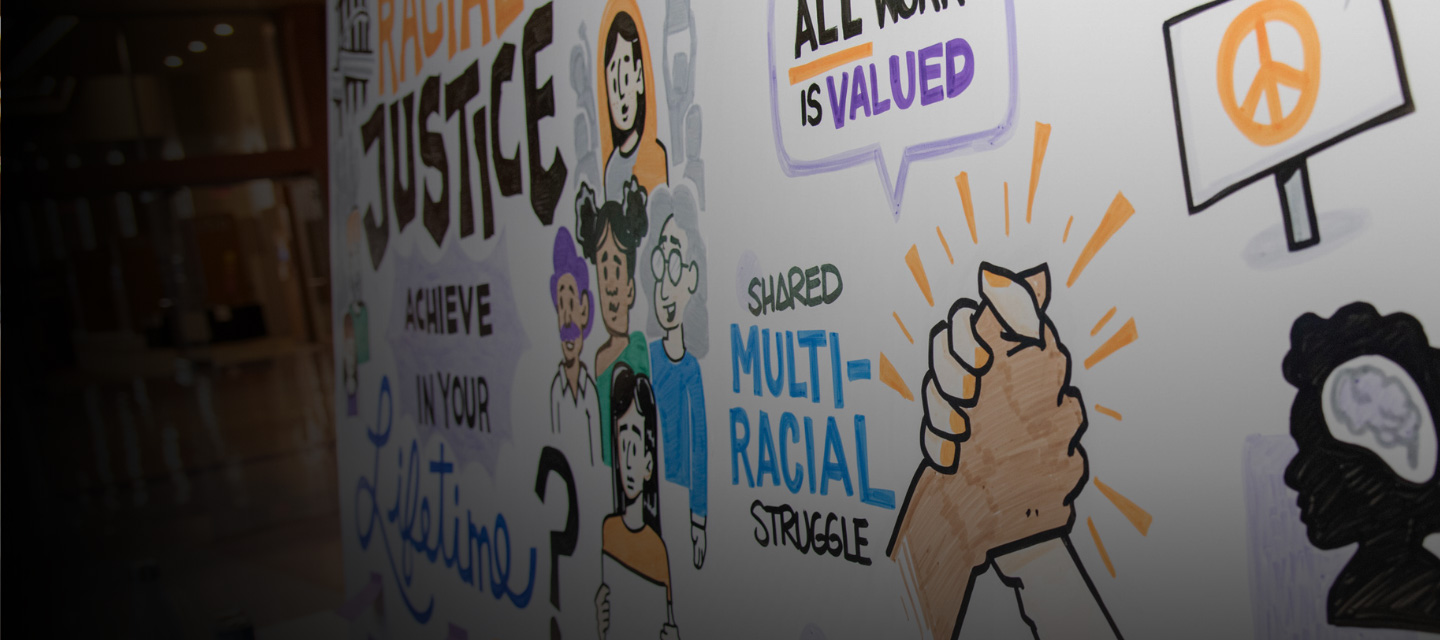
Application Process
We are excited to sponsor select projects to encourage deep, bold, and long-term change. Through a competitive process, 14 local communities that represent the diversity of our country received funding for cultural organizers and community partners to design and implement projects that align with the theme of Building the Bigger We.
To learn more about this year’s supported projects, please take a look at our map (note: supported projects are noted with an asterisk *).
Although funding for projects for the 2024 Cultural Week of Action on Race and Democracy has been dispersed (see below for the guidelines and criteria we used for decision-making), you can still participate! Add your organization’s project to the list of activities taking place during the week of action. Need funding? Don’t worry, this is an annual event! We encourage you to start thinking about next year’s project (by reviewing this year’s application questions (PDF).”
Guidelines
- Applicants can include local government, 501c3 organizations, groups with a 501c3 fiscal sponsor, or other organizations with a history of community-based programming
- Multiple groups can apply from a local area; however, we strongly encourage collaboration because each local area can receive only one sponsorship
- Projects should be designed and executed in a manner that is non-partisan, both in concept and in the expected outcomes.
- Projects will be selected based on the below criteria
- There is no matching requirement to receive sponsorship funding; however, projects are encouraged to seek additional funding if needed
- Sponsored projects will recognize Race Forward and Americans for the Arts in promotional materials, participate in national marketing activities, survey their participants with a standard evaluation, and join a debrief call to share some of the lessons, highlights, and learning from the project
